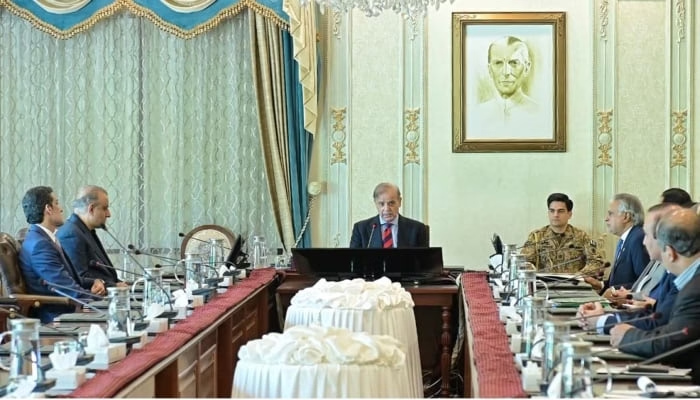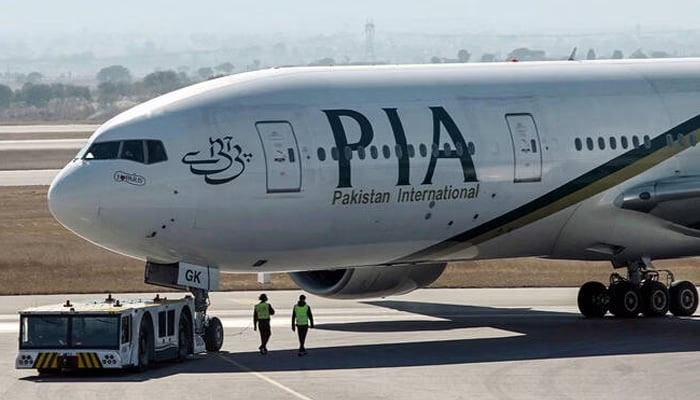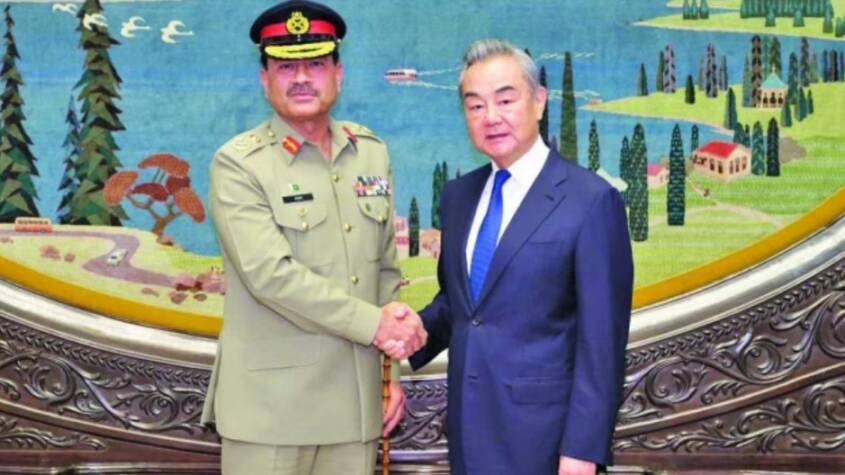The 27th Constitutional Amendment has become the central focus of Pakistan’s current political discussions, as Prime Minister Shehbaz Sharif accelerates consultations with coalition partners. With only a year passed since the 26th Amendment, the government is now pushing forward with another major constitutional change, aiming to secure broad parliamentary support before formally presenting it.
The 27th Constitutional Amendment was first hinted at when PPP Chairman Bilawal Bhutto-Zardari confirmed that a PML-N delegation, led by the prime minister, sought his party’s backing. Soon after, Deputy Prime Minister Ishaq Dar stated that the amendment was already “in the works,” assuring lawmakers that a full debate would be held before the proposals reached committee stage. Since then, Islamabad has been witnessing intense political activity, with multiple parties offering suggestions, raising concerns, and negotiating their interests.
In this new wave of consultations, PM Shehbaz Sharif met several key coalition partners to build consensus on the proposed 27th Constitutional Amendment. The most prominent among these meetings was with a seven-member MQM-P delegation. MQM-P leaders discussed changes related specifically to local government laws, a long-standing issue for the party. Prime Minister Shehbaz assured them that the government was willing to incorporate their recommendations into the amendment package.
The prime minister also met delegations from PML-Q and the Istehkam-e-Pakistan Party (IPP). These discussions focused largely on institutional reforms and governance-related adjustments. Later, the Balochistan Awami Party delegation joined the consultations. They emphasized the need for enhanced representation for Balochistan in both the provincial and national assemblies — a demand that has grown stronger with each constitutional review. PM Shehbaz assured the leaders that their concerns would be taken seriously during the drafting process.
Alongside these discussions, PML-Z chief Ijaz-ul-Haq and National Party MNA Mir Pullain Baloch also met the prime minister to share their views on the amendment proposals. The government’s interactions with virtually all coalition partners reflect the importance of securing a wide consensus before proceeding to parliament.
According to official details shared so far, the 27th Constitutional Amendment includes several major proposals. The most notable among them is the creation of a Constitutional Court — a long-debated idea meant to ease the burden on the Supreme Court and handle constitutional matters exclusively. Another significant proposal involves amending Article 243, which pertains to the control and command of the armed forces. Additionally, the amendment includes provisions dealing with the appointment of executive magistrates, the transfer of judges, and reforms in the structure of local governance.
Some of the proposed changes have sparked concern among opposition parties, particularly the PTI. The PTI has strongly rejected the draft of the 27th Constitutional Amendment, warning that certain provisions could undermine judicial independence and weaken provincial autonomy. PTI senior leader Asad Qaiser specifically criticized the proposal to alter the NFC Award, saying it could lead to national instability. He also opposed the formation of a Constitutional Court, stating that it would complicate the judicial structure and disturb the existing balance of powers. PTI had earlier filed a legal challenge against the 26th Amendment, and it is expected that the party will continue its strong resistance this time as well.
For the government, securing the necessary votes for the 27th Constitutional Amendment is crucial. The current PML-N-led coalition holds 237 members in the National Assembly, exceeding the required 224 votes for a constitutional amendment. This coalition includes PML-N, PPP, MQM-P, PML-Q, IPP, and several smaller parties, along with independent lawmakers. In the Senate, however, the situation is slightly more challenging. The alliance holds 61 seats, while 64 votes are required to pass a constitutional amendment. This means the government must secure additional support or ensure full attendance during voting.
The 26th Amendment, passed last year with 225 votes in the National Assembly and 65 in the Senate, serves as a reminder of how tight the margins can be. With the 27th Constitutional Amendment now under consideration, the government is navigating a complex political landscape, striving to maintain unity within its coalition while also defending its proposals against opposition criticism.
As consultations continue, the coming weeks will determine how much of the amendment’s draft survives negotiation — and whether the government can secure the necessary political support to turn the 27th Constitutional Amendment into law.



